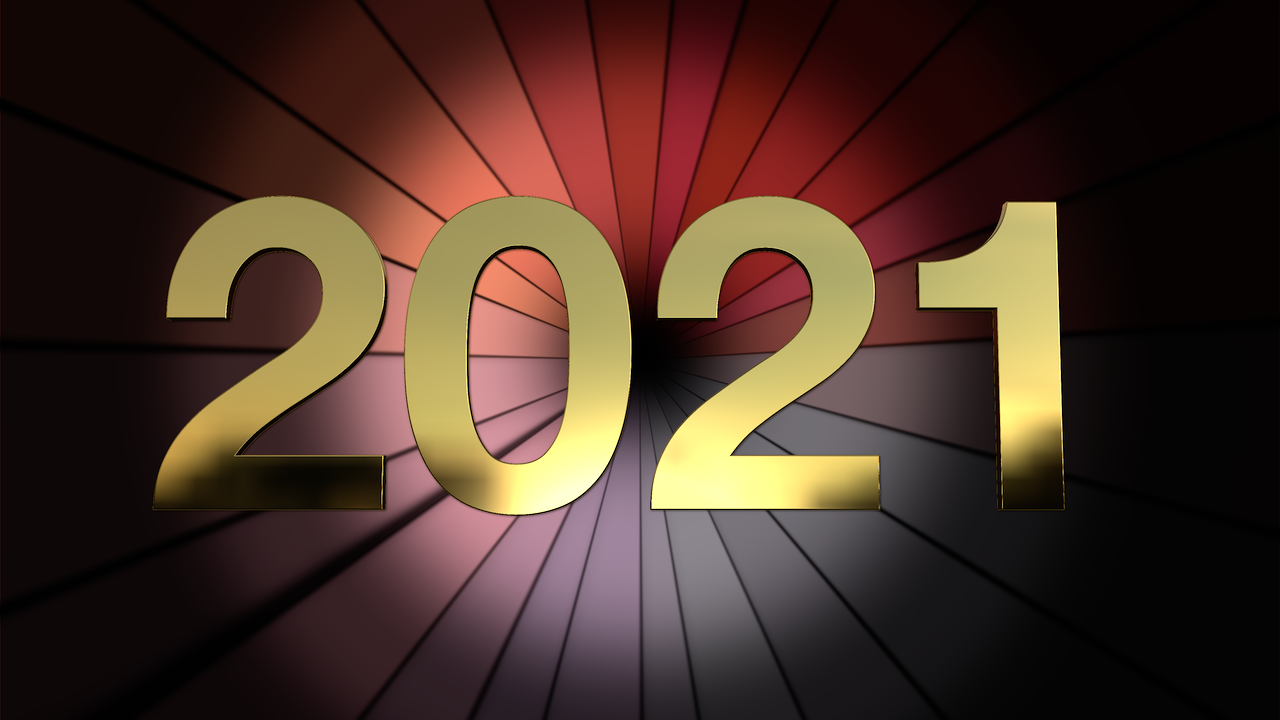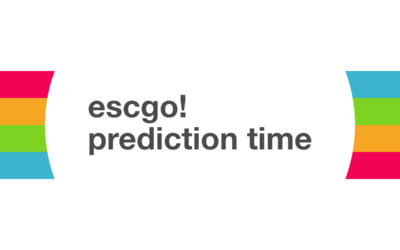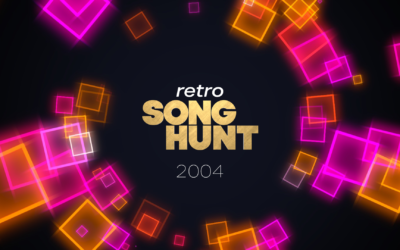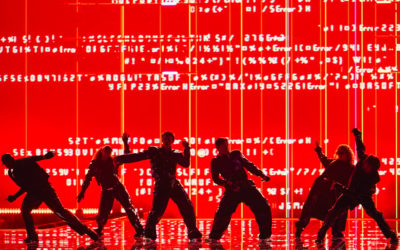As delighted as we all are to have the Eurovision Song Contest back again, 2021 is not a normal ESC and there’s no point in pretending that it is.
So even as we look forward to tonight’s grand final and to crowning a new winner, let’s be absolutely clear:
It’s OK to be resentful at not being able to enjoy the contest the way you normally do, whether that’s in the venue, in the Eurovision Village surrounded by thousands of fellow fans, or at a big house party with bitterballen with little flags in them.
It’s OK to be irritated by the choices made in order to make ESC possible at all this year, whether that’s because you took the travel restrictions at their word only to be surprised at the number of different nationalities that are represented in the Rotterdam press centre – or because you resent the prominent use of pre-recorded backing vocals, ostensibly introduced to allow delegations to bring fewer people with them but mainly being used as an excuse to deploy even more dancers than usual.
It’s OK to be worried about seeing maskless audience members in the arena, delegations in close proximity backstage, and other things that we’re not used to after 15+ months of the coronavirus dominating every aspect of our lives. The Dutch government selecting ESC as a “test event” is a big responsibility, and for as long as there are different Covid rates and different degrees of rule loosening around the continent, there will inevitably be a sense of disconnect when we see events like the Turquoise Carpet taking place in ways that feel at odds with our own risk tolerance.
And it’s OK to have misgivings about how the various Covid cases that have occurred in the ESC bubble might “taint” our event, especially when we don’t know what the longer-term consequences will be. Even with all the precautions taken – and Rotterdam 2021 appears to have been largely exemplary on that front – it was unrealistic to expect there to be no infections during the entire two weeks, and there is a certain cognitive dissonance in being expected to relax and enjoy an entertaining TV show while also crossing your fingers that you aren’t witnessing the origin of a mass viral outbreak. No one wants Eurovision to become a byword for super-spreading.
However, the unavoidable fact is that this is how things are going to be for a while, as we enter this transitional phase of gradually emerging from the worst of Covid, vaccinating the population, and learning how to balance the various risks and rewards in a realistic fashion.
It is uncomfortable that our cosy Eurovision Song Contest, our safe space, our retreat from the outside world, is having to be at the frontline of this very real scenario. But if anything is going to be, why not ESC, an event that’s been a pioneer of many innovations over the years – heck, whose very existence owes a debt to the desire to bring Europe back together in the aftermath of a far more devastating event than Covid?
So yes: It’s OK to not be OK with everything surrounding our beloved contest this year. But at least the contest is happening, one way or another. Just like it was always meant to be, ESC is standing as a beacon of glittery hope after many months of misery. Let’s raise a glass tonight and make a wish that the contest never has to be overshadowed by these kinds of considerations again.










0 Comments